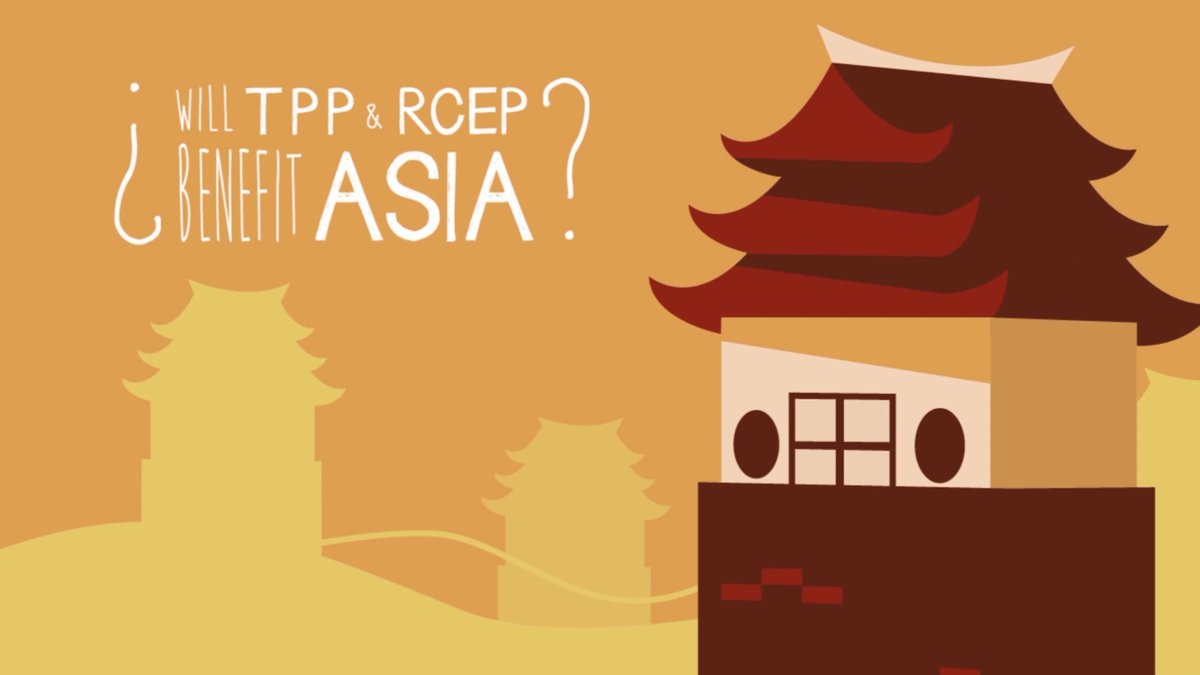RCEP: Impasse at Indonesia talks may put more pressure on India
The Hindu Businessline | 14 December 2016
RCEP: Impasse at Indonesia talks may put more pressure on India
India has some more time to decide on the final offers on reducing import tariffs for the 15 partner countries of the regional comprehensive economic partnership (RCEP) — which includes China and the 10-member ASEAN — as the recent negotiating round in Indonesia failed to deliver a consensus on the broad numbers.
The next round of negotiations scheduled in Kobe, Japan, in February 2017, however could bring in more pressure on India to increase its level of ambition on overall tariff liberalisation as Australia and New Zealand have already raised the pitch for greater market access.
“Last week’s negotiating round in Indonesia failed to deliver results in terms of broad numbers for tariff reduction in goods as Australia and New Zealand were not satisfied with the numbers being discussed. Since the two countries have near zero tariffs on most goods, they would want all RCEP members to eliminate tariffs on as many goods as possible,” a government official told BusinessLine. The other members of the RCEP are Japan and South Korea.
India, on the other hand, does not want to offer very high levels of liberalisation to China, Australia and New Zealand — the countries with which it does not have free trade agreements.
“There is a general agreement between all members that there would be one offer for all, but of course there has to be deviations as it is not possible to offer the same levels of openness to all countries for all products. What we can offer to our existing FTA partners such as the ASEAN or Japan, cannot be the same as what we offer to China, Australia and New Zealand,” the official said.
The deviations can be worked out only when there is an agreement on the overall level of tariff cuts for all members which would serve as the base.
India’s offer
New Delhi had initially offered to eliminate tariffs on 80 per cent of items for ASEAN, 62.5 per cent of items for Japan and South Korea and 42.5 per cent of items for China, Australia and New Zealand, but the offers will be re-worked now with an attempt to move towards a common base.
“If we had progress in the talks in Indonesia, members could have worked on final offers in February in Japan, which could have been then followed by a Ministerial meet in March as was being originally planned. But now members would try to achieve in Japan what they failed to achieve in Indonesia and the Ministerial meet seems likely only in August,” the official added.
There was also not much movement in the area of services with members not improving substantially upon their earlier offers. Despite New Delhi’s attempts to get countries to make meaningful offers to liberalise movement of workers, most members did not respond positively.






